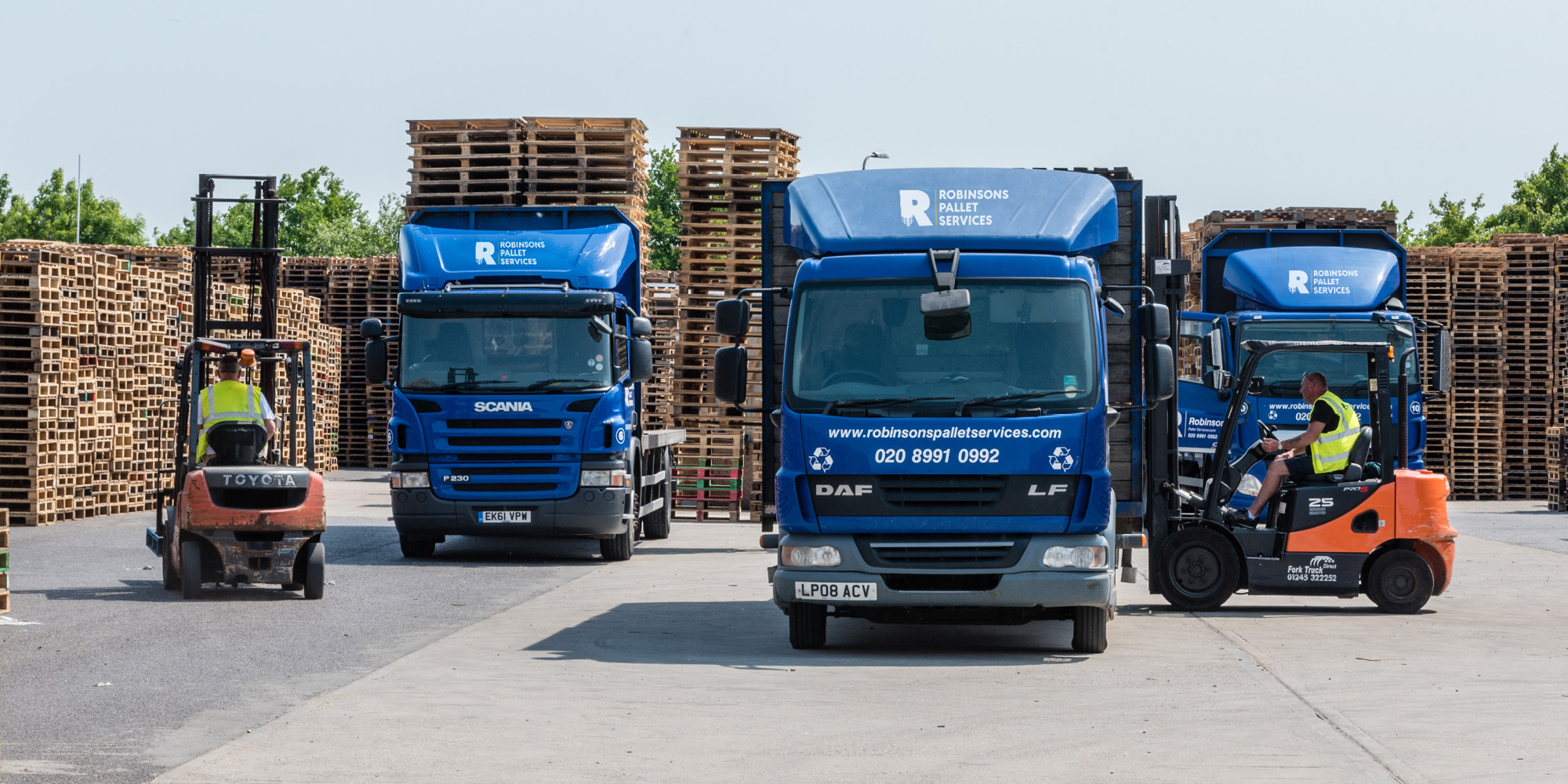Plastic pallets vs wooden pallets: Which is the better option?
Not sure which pallets are best for your business? Both plastic and wooden pallets have strengths, and ultimately the choice depends on the products you need to store or move, the level of hygiene you require, and of course your budget.
In this blog, we’ll set to a clear comparison between plastic and wooden pallets so that you can choose the right option for you.
Why you might choose plastic pallets
Plastic pallets are easy to wash and disinfect. They are moisture resistant, non-absorbent and durable in wet or cold environments. For those reasons, businesses in hygiene-sensitive industries such as food, pharmaceuticals, and clean manufacturing tend to opt for plastic pallets over wooden ones.
The other reason businesses choose plastic pallets is if they require a consistent shape and size to their pallets. That’s usually true of businesses that rely on automation, such as factories and warehouses. Wooden pallets come in a variety of sizes, but plastic pallets are typically manufactured to one conformity size.
Finally, plastic pallets can come in lightweight versions. This is particularly desirable if you’re using them for airfreight.
Why you might choose wooden pallets
The main reason to choose wooden pallets over plastic ones is cost. Wooden pallets are cheaper than plastic pallets so they make for a more cost-effective business decision, if your loads are suitable for them. i.e. your loads are not highly hygiene sensitive.
Given that wooden pallets can be repaired and reused multiple times, they have a long lifespan. You won’t need to renew your wooden pallets very frequently. They can be considered a long term business investment!
Wooden pallets are particularly good for heavy loads, as they’re strong and reliable.
If your business ships your product(s) nationally and internationally, it’s useful to have wooden pallets because they come in standard UK/EU sizes. These uniform sizes are widely used across logistics, which makes transfer and storage seamless.
Environmental considerations
Most businesses nowadays are conscious of the environmental impact of their business decisions. Particularly if you report to stakeholders in ESG reports, or you’re working towards B Corp status, you’ll want to make an informed decision about the environmental credentials.
Plastic pallets are recyclable but only through specialist channels. Further, it costs a lot in energy during the manufacturing process. However, once they’re in use, they have a long lifespan which means that you won’t have to replace them frequently.
Wooden pallets tend to be the more environmentally-friendly option. Firstly, they are usually made from recycled or sustainably-managed timber. Secondly, producing them requires less energy than the production of plastic pallets. Then at the end of their life, they can be fully recycled (for mulch or animal bedding for example)
Another benefit that’s often overlooked is that each pallet stores around 27kg of carbon, doing their bit for the reduction of carbon in the atmosphere.
At Robinsons Pallets, we recycle around 2 million pallets a year, which we estimate saves around 50,000 trees every year.
Which option is right for your business?
In summary, plastic pallets suit businesses that:
- Handle food/pharma goods
- Need easy sanitisation
- Use automated systems with strict size uniformity
Wooden pallets suit businesses that:
- Want the most affordable solution
- Prioritise sustainability
- Need repairable, reusable pallets
- Operate within standard UK/EU logistics
How we can help
If you’d like any guidance on pallets, please contact us at Robinsons Pallets. We can give you expert guidance on the pallets that are right for you, based on your load, environment, and budget.
We have new and reconditioned wooden pallets readily available for you at short notice if you need them.
Or if you need a cost estimate or a more in-depth consultation, we’re on hand to provide advice.


